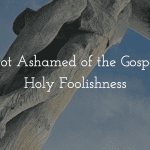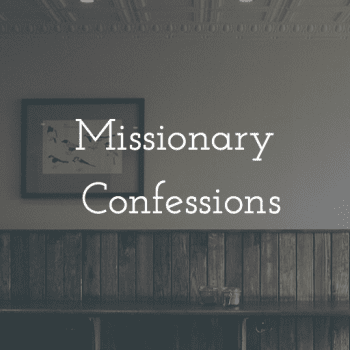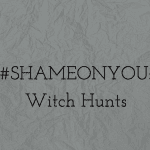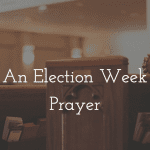One of my favorite new podcast listens is a great show done by my friends Ian Cron and Suzanne Stabile called “The Road Back to You” It’s a podcast based on the Enneagram, a hard-to-describe tool that I’ve found tremendously helpful for understanding myself and others.
The Enneagram is more than a personality assessment or spiritual gifts test, but it does overlap with some of that. But it’s different in that it’s not so much about what you do, as it is about why you do it.
Ever since I learned about it, I’ve been telling lots of friends about it, I even bought copies of Richard Rohr’s book on the Enneagram for my brother and sister for Christmas this past year. It’s a tremendous tool for helping build compassion between people who don’t understand each other, and has certainly done that in my own life and marriage.
Which is why last week on their podcast, Ian and Suzanne brought it into talking about politics and this election season.
When I first heard this podcast, I thought it had the potential to be medicinal for Christians in America during this year.
If you are anxious about this upcoming election, I don’t know a better thing you could do with 45 minutes than listen to this podcast. It will help make sense of your Facebook feed, and your life.
In this podcast, they interview former Obama White House staffer, Michael Wear, who is fluent in both the Enneagram and Politics, and has some fascinating insights on how this tool can help us this year.
Wear starts off the show with addressing the concern that people have about talking about faith and politics in polite society, but he says the reason that we are anxious about those kinds of conversations is the opposite for what we’ve conventionally assumed.
Wear’s point is that, people don’t talk about politics because they invest too much in their political views, and they don’t want to talk about their faith because they know they invest too little in them.
In 2014, Stanford did a study researching the ways that politics has polarized us. In the 1960’s there was a survey done asking parents who would you be the most opposed to your child marrying. In the 60’s, as you can imagine, the answers were things like “Someone of a different religion, or of a different race.”
But this past year, they did that same survey, and the answer was no longer based on race of religion.
Instead, today the kind of person that parents were the most opposed to their child marrying was someone of the opposite political party!
Wear went on to point out that one of the great challenges that, in his opinion, we are facing in America today is that, because of our increased political polarization, we no longer know people from other political perspectives, and so we demonize and belittle their viewpoints in a way that only increases the toxic rhetoric and decreases our capacity for empathy and community with what is now our new “other”
Wear says that in his experience in politics “The important thing is to not go to politics looking for your inner needs to be met.”
And later “If you go to politics, looking for your identity in politics, than you are going to be led astray. For me, the safest place I’ve found to find my identity is in Jesus Christ. [But} You need to have firmer ground when you are engaging politics than politics itself.”
Amen.












